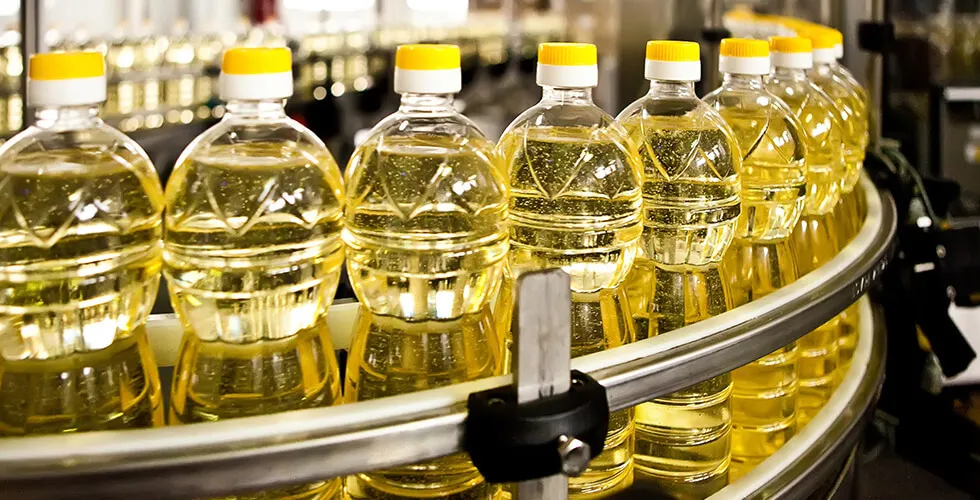
In a growing movement to reclaim health through better food choices, the Seed Oil Free Certification is emerging as a game changer. As more Americans wake up to the health risks of industrial seed oils—like soybean, corn, and canola—restaurants and food brands are taking notice. But until recently, there was no official way to verify if a product or meal was truly seed oil-free. That’s where the Seed Oil Free Alliance, founded in 2023, comes in.
Created to promote transparency and educate consumers, the Alliance certifies foods and restaurants that pass rigorous lab testing to ensure they are free of seed oils. Only oils like olive, avocado (if verified), coconut, butter, and other traditional fats are allowed. This certification gives diners confidence that what they’re eating aligns with their health goals.
Why is this important? Seed oils are highly processed, often oxidized, and linked to inflammation and chronic disease. Cutting them out is a foundational step in improving metabolic health—yet they’re found in nearly everything from salad dressings to fried foods, often hidden in ingredients.
Certification matters because even restaurants trying to go seed oil-free may be unknowingly using adulterated ingredients. For example, Boca Raton’s Garden Butcher discovered that several “pure” avocado oils were contaminated with sunflower oil. After months of searching, they finally found a clean alternative—algae oil.
Jennifer Peters, owner of Just BE Kitchen in Colorado, became the first in the U.S. to receive the official seed oil-free certification, setting a powerful example for others to follow.
This movement is more than a trend—it’s a shift in the culture of food. Americans deserve transparency and clean options!

